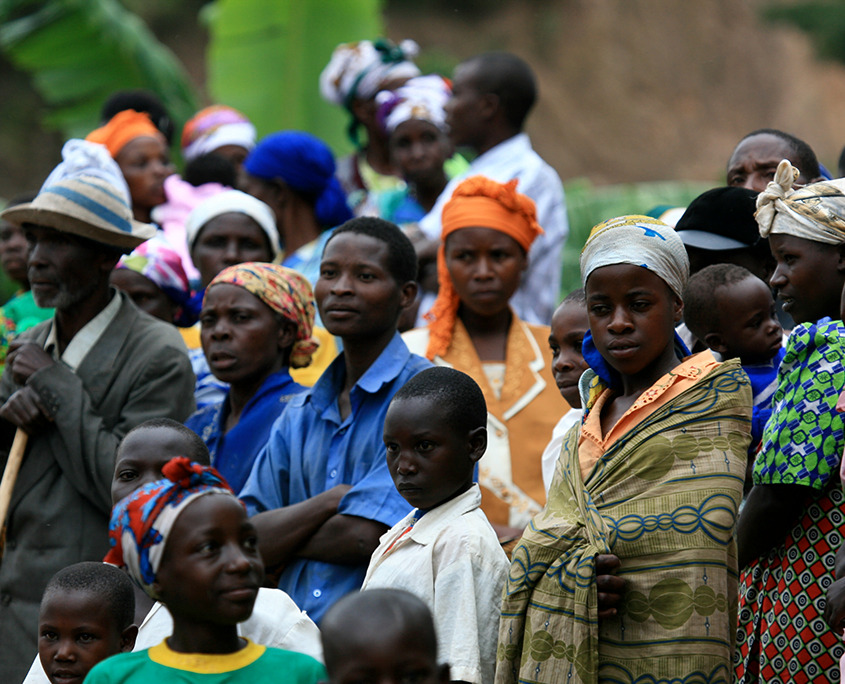Refugees cross from DR Congo into Uganda at the border village of Busanza in Kisoro district
Photo Credit: imagexphoto/iStock/Getty Images
World Population Day
World Population Day is celebrated on July 11 every year since the United Nations first observed it in 1989. The day has since then been adopted by the international community to focus attention on the urgency and importance of population issues.
The growing population has become a major concern for many countries, and the world altogether, as more population leads to increased use of resources. World Population Day aims to increase people’s awareness of various population issues such as the importance of family planning, gender equality, poverty, maternal health, and human rights. The day was first suggested by Dr. KC Zachariah in 1987 when the population reached five billion.
The world population increases annually by 100 million approximately every 14 months, reaching 7.7 billion in the year 2019. With the growing pace, the world population is expected to reach 8.6 billion by 2030, and 9.8 billion in the year 2050. On this day, the United Nations, along with governments, NGOs, and other organisations, encourages people to check the world population.
This year, unlike the previous ones, has no specific theme but the day does aim to draw attention to maternal health. Women have a right to make their own decisions about whether, when, and how often to become pregnant. In 1994, that right was reaffirmed at the landmark International Conference on Population and Development(ICPD) in Cairo where 179 governments agreed that sexual and reproductive health is the foundation for sustainable development.
Since 1994, governments, activists, civil society organisations, and institutions, have rallied behind the Programme of Action and pledged to tear down barriers that have stood between women and girls and their health, rights, and power to chart their futures.
Yet, despite considerable gains over the past 25 years, we still have a long way to go to live up to the promise of Cairo. Too many continue to be left behind. Too many are still unable to enjoy their rights. Inaction poses a cost that is too high as more women and girls are dying, more unintended pregnancies, more unsafe abortions, and more pregnant girls are shamed out of school.
At a summit to be convened by Denmark, Kenya, and UNFPA in Nairobi this November, the international community will have an opportunity to recommit to the promises they made in Cairo and transform the world we imagined in the ICPD Programme of Action into a reality for every woman and girl. The summit will draw heads of state, thought leaders, civil society organisations, young people, international financial institutions, private sector representatives, and thousands of others who have a stake in the ongoing pursuit of sexual and reproductive health for all.



